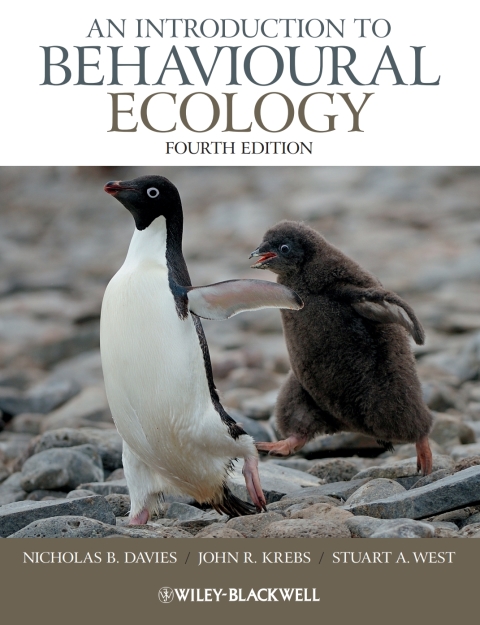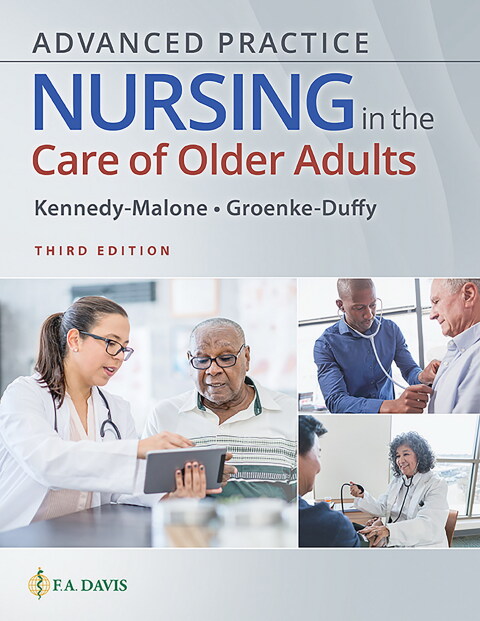Description
Efnisyfirlit
- Primer on Posttraumatic Growth : An Introduction and Guide
- Contents
- Acknowledgments
- Introduction
- Chapter 1 Posttraumatic Growth: Concise History, Definitions, and Implications
- Why Suffering?
- Does Suffering Change Us?
- A History of Growth
- Crisis Theory
- Existential Psychology
- Rogers’s Person-Centered Approach
- Positive Psychology
- Present-Day Study of Growth
- Conceptualizations and Definitions of Posttraumatic Growth
- Measurement of Growth
- Who Experiences Growth?
- Three Images of Trauma and Growth
- Conclusions
- A Quote to Remember
- Clinical Cornerstones of the Chapter
- Selected References
- Chapter 2 Posttraumatic Growth: Truth or Myth?
- The Functional Nature of Growth as an Illusion
- Temporal Comparison Theory
- Cognitive Adaption Theory
- The Janus Face Model of Self-Perceived Posttraumatic Growth
- Research on the Question of the Veracity of Growth
- Clinical Implications of Assessing the Veracity of Growth
- A Quote to Remember
- Clinical Cornerstones of the Chapter
- Selected References
- Chapter 3 Meaning
- Park’s Meaning-Making Model of Coping
- Posttraumatic Growth as a Result of Meaning-Making
- Meaning-Making and Clinical Work
- Important Current Limitations
- Final Comment
- A Quote to Remember
- Clinical Cornerstones of the Chapter
- Selected References
- Chapter 4 Cognitive Processing
- Automatic and Intrusive Ruminations
- Deliberate Ruminations
- Timing of Ruminations
- Positive Versus Negative Ruminations
- Cognitive Processing and the Search for Meaning
- Ruminations and Clinical Work
- Conclusion
- A Quote to Remember
- Clinical Cornerstones of the Chapter
- Selected References
- Chapter 5 Positive Emotions and Growth
- Definition of Positive Affectivity
- The Power of Positive Emotions
- Empirical Connections Among Positive Affectivity, Well-Being, and Growth
- Conflicting Data to Consider
- Clinical Implications
- A Quote to Remember
- Clinical Cornerstones of the Chapter
- Selected References
- Chapter 6 Personality and Personal Attributes
- The Five-Factor Model of Personality
- Personality Factors and Posttraumatic Growth
- Personal Attributes/Factors
- Self-Esteem/Self-Efficacy
- Clinical Applications
- Conclusion
- A Quote to Remember
- Clinical Cornerstones of the Chapter
- Selected References
- Chapter 7 Relationships
- The Role of Relationships in Models of Posttraumatic Growth
- Research on Social Support and Growth
- Providing Social Supports
- Conclusion
- A Quote to Remember
- Clinical Cornerstones of the Chapter
- Selected References
- Chapter 8 Forgiveness
- Defining Forgiveness
- Forgiveness, Trauma, and Growth
- Religion’s Unique Role
- Interventions
- A Quote to Remember
- Clinical Cornerstones of the Chapter
- Selected References
- Chapter 9 Faith, Suffering, and Religious Coping
- Christian Perspectives on Suffering and Growth
- Recent Relevant Research
- Faith as a Framework for Meaning
- Religious/Spiritual Practices and Participation
- Religious Coping
- Religious Orientation
- Final Comments
- A Quote to Remember
- Clinical Cornerstones of the Chapter
- Selected References
- On the Road to Wisdom: Being a Mindful Companion on the Path to Posttraumatic Growth: An Epilogue
- From Fear to Courage and Patience
- From Assuming Permanence in Life to Accepting the Reality of Impermanence
- From Self-Centeredness to Acceptance and Compassion
- The Mindful Clinician
- Some Final Comments
- Selected References
- Recommended Readings on Mindfulness of Special Relevance for Clinicians
- References
- Subject Index
- Author Index







Reviews
There are no reviews yet.